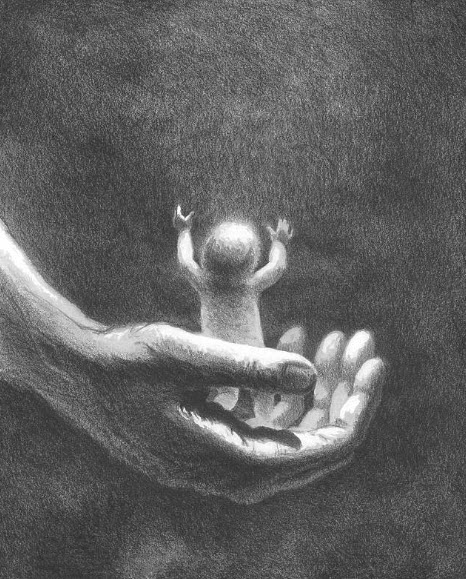We have talked a lot about rightly choosing our desperation and how critical this is for cultivating hope. Yet, we must also understand that the impact of this choice extends beyond our own immediate circumstances. When we respond rightly in our dark night, in that very moment God is already beginning to redeem our loss. He not only brings us hope but he intends to do the same through us for others.
It is hard to think beyond our pain and struggles… but we must. We absolutely must! It begins with our vision. When we choose to look a little bit higher and focus our gaze beyond our concerns, something happens. God shows us the desperate hopelessness of those around us. By such outward vision, compassion begins to fill our hearts. And here in this place of shared pathos, we remember God’s words of hope and somehow someway yearn to pass it on to these desperate ones:
- May the God of hope fill you with all joy and peace in believing, so that by the power of the Holy Spirit you may abound in hope (Romans 15:13).
- We have this hope as an anchor for the soul, firm and secure (Hebrews 6:19).
- According to his great mercy, he has caused us to be born again to a living hope through the resurrection of Jesus Christ from the dead (I Peter 1:3).
Who else will be a bearer of hope if not us? What hope and light can we offer if we have not first learned to walk through our own valleys of shadowy death and faced our own dark nights of the soul and there discovered the hope and faithfulness of God? Here we graduate from merely wounded and healed to wounded healers.
Such a discovery changes us. The very things we hated and despised—our brokenness and suffering—have together become the very doorway into a whole new quality of life. We learn to depend on him and he proves his dependability. We give him our weakness and he gives us his strength, we give him our anger and he gives us his love, we give him our fears and he gives us his peace. Through this great exchange he not only heals us but commissions us to mediate the same hope discovered in our dark nights to others weeping in theirs.
And so, if we let him, God will prove the promise of hope in our souls and then through us to a world of hopeless souls. Yet our capacity to become wounded healers is influenced by our degree of holy desperation. Next week we begin a discussion on obstacles to a lifestyle of holy desperation.
What Do You Think?
What do you think it means to be wounded healers? How can God use us to help others in their grief when we are still recovering from ours?
